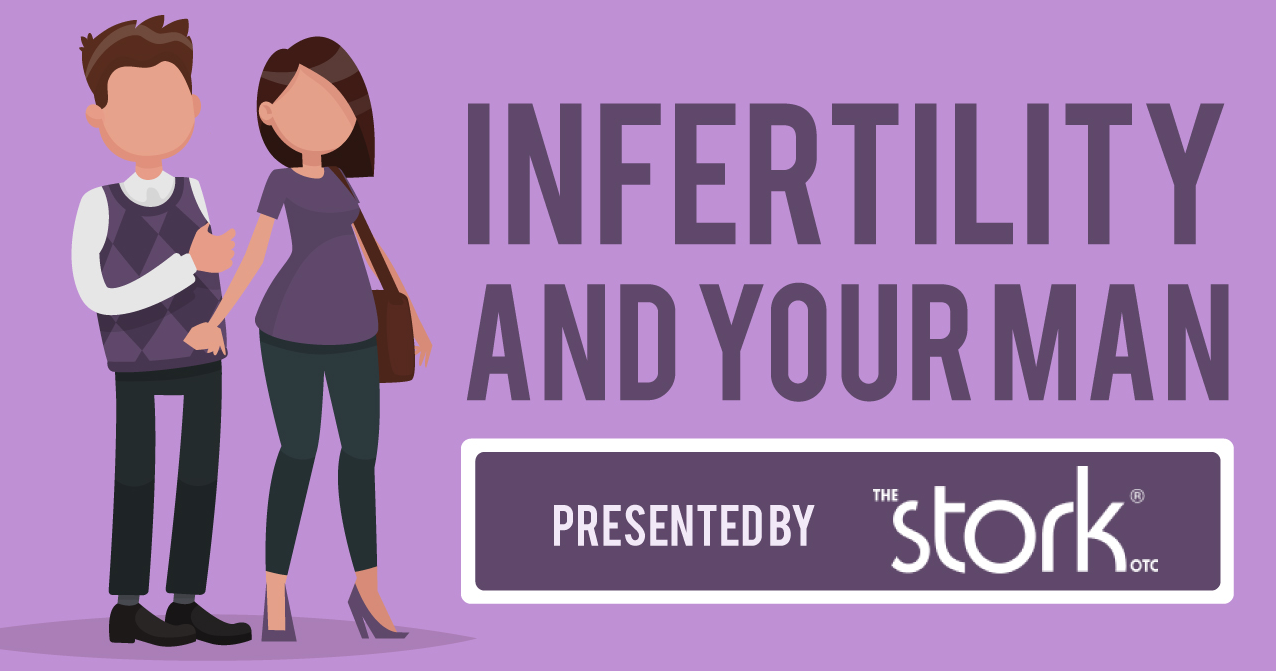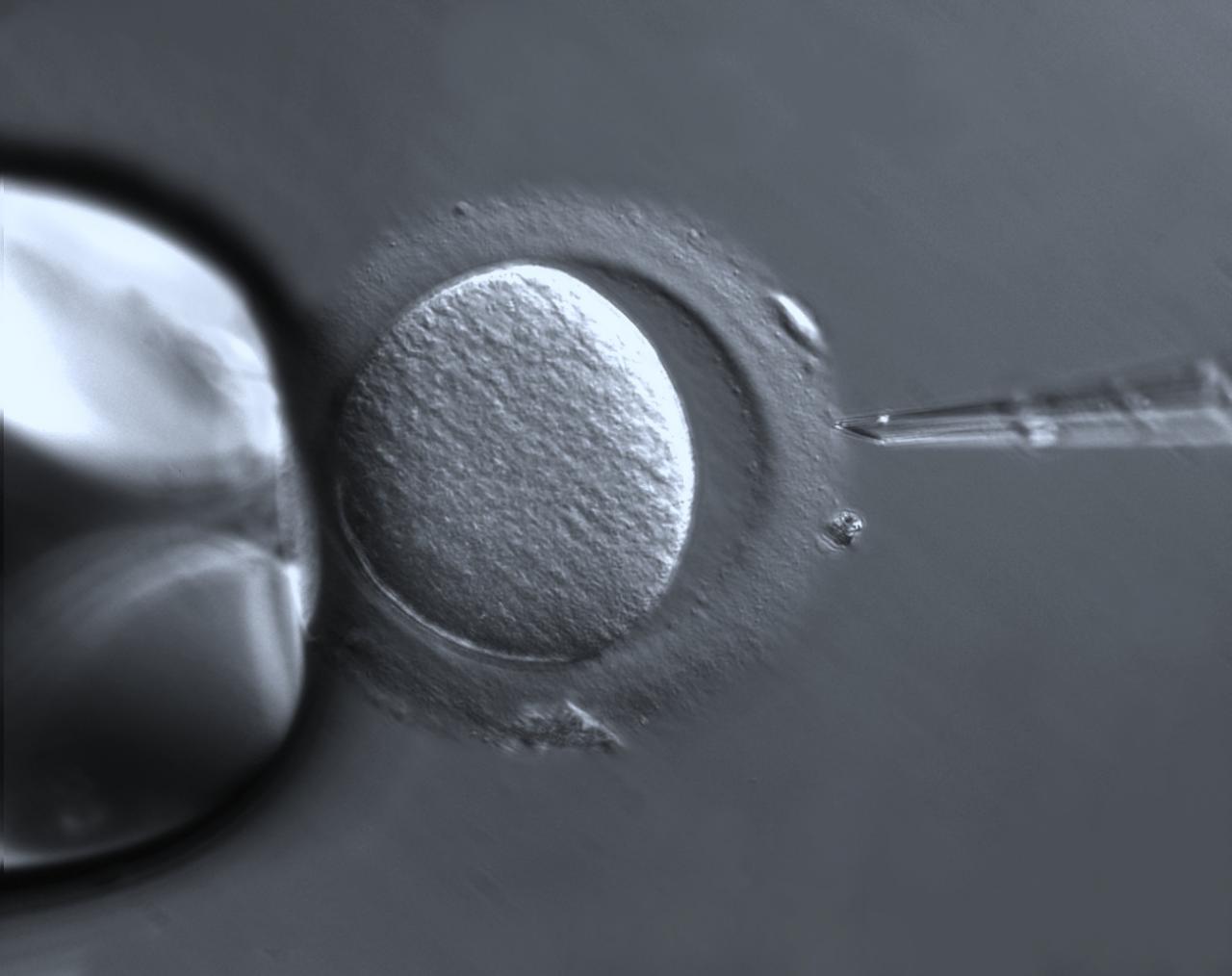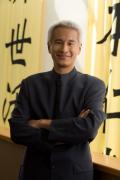Dr. Daoshing Ni talks with CEO/Founder of EmpowHer, Michelle King Robson about fertility and modern pregnancy. Dr. Dao answers listeners questions about the pill and getting pregnant.
Dr. Daoshing Ni – D.O.M, L.Ac., Ph.D, Dipl.C.H.
Todd Hartley:
It's time for the fertility journey with Dr. Dao. He is a 38th generation doctor of Chinese medicine here to answer your questions on anything pertaining to fertility. From the EmpowHer.com studios, here is Dr. Daoshing Ni and Michelle King Robson, EmpowHer.com’s Founder & CEO.
Michelle King Robson:
How are you, Dr. Dao?
Dr. Daoshing Ni:
I am doing very well, and I am honored and privileged to be on this show.
Michelle King Robson:
Well, thank you, we are so honored to have you on our show today at the EmpowHer network. We’re just thrilled to be able to ask you questions and hear more about what you’re doing with your center. First question I have to ask you is, is it Tao or Dao when you go to the website? It’s T-A-O.
Dr. Daoshing Ni:
Well, it's spelt T-A-O but it's really pronounced as a D, as Dao, Tao of wellness.
Michelle King Robson:
Okay, so I wanted to make sure that our listeners know to go, when we tell them to go to the taoofwellness.com we want to make sure that that’s with a ‘T’.
Todd Hartley:
And just to clarify, the website address is taoofwellness.com with a T, all one word, and that’s where you can find Dr. Daoshing Ni or at EmpowHer.com.
Michelle King Robson:
So Dr. Dao, let's start by maybe you can just give me and our listeners a little history of how you got into fertility?
Dr. Daoshing Ni:
Well, I have been in practice since 1983. I was trained by my father as well as going through numerous events, training, and residencies in China where I have obtained my general medicine training in Chinese medicine, and as I moved forward in my practice, I found myself to be somewhat helpful in some of the women that I have treated in their fertility pursuit situation.
In other words, I helped them to get pregnant, and I was able to help quite a number of them, and slowly as these patients become very happy, and they start to refer me patients in these areas, so the infertility patients that couldn’t get pregnant, And later on in 1987, I went on to Beijing University of Traditional Chinese Medicine and did my events, residency with their renowned affiliate at an infertility clinic with Dr. Wong as well as Dr. Shiao both.
I have done a lot of work in reproductive medicine area, and that’s how I become much more specialized since that time, and so it’s kind of like my journey in a nutshell. I really want to help these people. I see the difficulties and I see the emotional roller coaster as well as the health toll that it takes on each individual patient that has encountered these difficulties.
And I see this is also very professionally, very challenging for me and is something that I enjoy doing and helping people to fulfill their journey.
Todd Hartley:
Well Dr. Dao, we’ve got a bunch of women on EmpowHer.com that have replied, that have questions for you. So Michelle’s going to ask you a couple of questions, get some insight so we can start helping to spread the fertility journey to as many women as possible.
Michelle King Robson:
Actually, the first question that I have is a question that I want to ask you, which is, what’s happening today that is causing women to not be able to have children? It seems like this has evolved over the years, and I am sure you have seen this, and I am just curious as to what you think the reason or reasons are?
Dr. Daoshing Ni:
There are many different issues, and the issues are as much physiological as much as the social. Women, number one, having children later in their life. So obviously they are pushing their childbearing ages from the 20s to the late 30s and even to the 40s.
Michelle King Robson:
I think that’s a very important statement that you just made, and I don’t think women really think about that. That you know, it used to be that we had children when we were in our late teens, early 20s.
Dr. Daoshing Ni:
Yes, and it’s only a decade ago that the average first child age for woman is around 26-years-old. And now a decade later we are now around 27-years-old. It’s only one year difference but if you take the whole entire average of a population that is extremely significant change.
Michelle King Robson:
Right, right, it makes perfect sense but you know, it’s really not something that we think about.
Dr. Daoshing Ni:
No, we don’t because we think that when we are 30-year-old something, we tend to think we feel pretty normal, and which is true, you feel pretty much like in your 20s, and so you think that you should be able to get pregnant as easily as when you were in your 20s. But the truth is when you hit about 30-years-old, you are somewhere around 50-60% of your actual fertility peak.
I mean your fertility usually peaks somewhere around 21 to 25 years old. And so it's actually going, I mean, I shouldn’t say this, going down the hill ever since, but it is, it’s on a, shall we say, a more slide downward trend since then. I think that is a more appropriate way to say it.
Michelle King Robson:
Well, and I think you know as we all say that 30 is the new 20 and so on and so forth, and we forget that where we are in better shape, better health, we're eating well, we're doing all the right things. And so we do tend to think of ourselves as being much younger than we are. We don’t think it affects our fertility, and it just makes perfect sense that it does.
Dr. Daoshing Ni:
That’s right, and I think it’s really important that we empower our women in the senses that when they are teenagers, that we don’t just teach them, and at that time as you know we always teach them, say, "Listen, try not to get pregnant." Contraception is the number one most important thing.
I think that’s valid, and I think that’s very important to emphasize, but I think we are teaching the wrong way. When we teach women, our girls, in a fashion of really just trying to warn them about getting pregnant, what you’re doing is that you teach them a piecemeal approach.
You’re basically saying to them, “Listen, you’re not responsible enough to be able to handle anything else so this is what I am going to be teaching you.” What we need to teach our women is that you show them the whole picture, show them their fertility journey, show them about their fertility overall, and just to show them at that age how amazingly fertile they are.
A guy looking at you the wrong way, you’ll probably just get pregnant, but also show them the downside when you get to 30s and 40s so that they have an idea, so that they can make informed decision themselves. And then that way they don’t have to when they hit 30s and say, "Oh my God, nobody told me about this."
Michelle King Robson:
Right, exactly, I think it’s such a great point, and it's something that we all need to be aware of as women, that we do have those options, and some of us will choose to do this later on in our lives, but we may have, you know, we may need help. And others may choose to do it earlier because of it, because they feel that they don’t want to have to go through all the fertility issues.
We have, I am going to start with one of the questions since I got to ask the first question. I love being the host of this show because I always get to go first.
Dr. Daoshing Ni:
Good.
Michelle King Robson:
Sue is asking you about, she wants to get pregnant but she is on the pill, and she wants to know how long will it take her to get pregnant when she stops.
Dr. Daoshing Ni:
Well, that depends on each individual. There are some people who can stop the birth control pill and take a few cycles before the cycle gets regulated. There are some people who can stop the birth control pill, and their cycle gets regulated right away.
I think that really depends on each individual in how they respond to the birth control pill themselves and their history of it, but also that I always suggest that it also depends on their age; the older they are as they stop the pill, the more problem that they might have.
For example, their period may not come back as steadily and as strongly compared to say when they were younger. So it all really depends on each individual as well as the age when they stop.
Michelle King Robson:
Right, right, that makes sense too. Do you see different women coming in to see you who have been on multiple pills and who really have never felt good on any birth control pill?
Dr. Daoshing Ni:
Well yeah, and there are people like that, and they usually are not on it. They have done, they probably do other type of birth control. I mean, birth control pill is not the only birth control technology out there. You could definitely use condoms, you can definitely use diaphragm, and you can use sponges and you can use cervical cap.
You can definitely use IUD. There are other means, obviously the younger you are you don’t usually use IUD, you use the other ones that I mentioned before. But yes, if people who have side effects on the birth control pill, usually they don’t continue very well and they don’t usually take it.
Michelle King Robson:
That’s what happened to me actually.
Dr. Daoshing Ni:
Yeah.
Michelle King Robson:
Yeah, it just didn’t agree with me and I tried one pill after another after another, and it was interesting because the doctors weren’t, they were a bit resistant to, you know, they said, "Well, just hang in there, you’ll be fine." And I saw all kinds of symptoms from it, from weight gain to just not feeling well, to brain function, upset stomach. I mean, I really had some serious side effects to all the different pills.
Dr. Daoshing Ni:
Yeah, and it's not unusual but it’s a small number. You’re probably talking about 1 to 5 percent of the women population that might react to certain birth control pills.
Todd Hartley:
Well, he is Dr. Daoshing Ni, and you are listening to the Fertility Journey. If you want to know about Dr. Dao’s newest book, The Tao of Fertility, A Healing Chinese Medicine Program to Prepare the Body, Mind and Spirit for New Life, well, you can go to EmpowHer.com where there is more information about the rock star you are listening to, Dr. Daoshing Ni. Or you could visit him on the web at his taooffertility.com and remember Tao is spelt with a T, that’s Taooffertility.com.
Announcer:
Your healthy podcast is brought to you by EmpowHer.com, that’s E-M-P-O-W-H-E-R [dot] com.
About Dr. Daoshing Ni:
Dr. Dao is a 38th generation doctor of Chinese Medicine, a Licensed Acupuncturist and is a Diplomat of Chinese Herbology NCCA. Dr. Dao is in general practice at Los Angeles, California’s Tao or Wellness, was an examiner for the California Acupuncture Committee and also participated in the Chinese Herbology Exam development for NCCA. Respected for his special interest in reproductive and gynecological conditions. Dr. Dao is a member of the American Society for Reproductive Medicine, Pacific Coast Fertility Society, and American Association of Oriental Medicine. He’s also the author of The Tao of Fertility.





Add a CommentComments
There are no comments yet. Be the first one and get the conversation started!